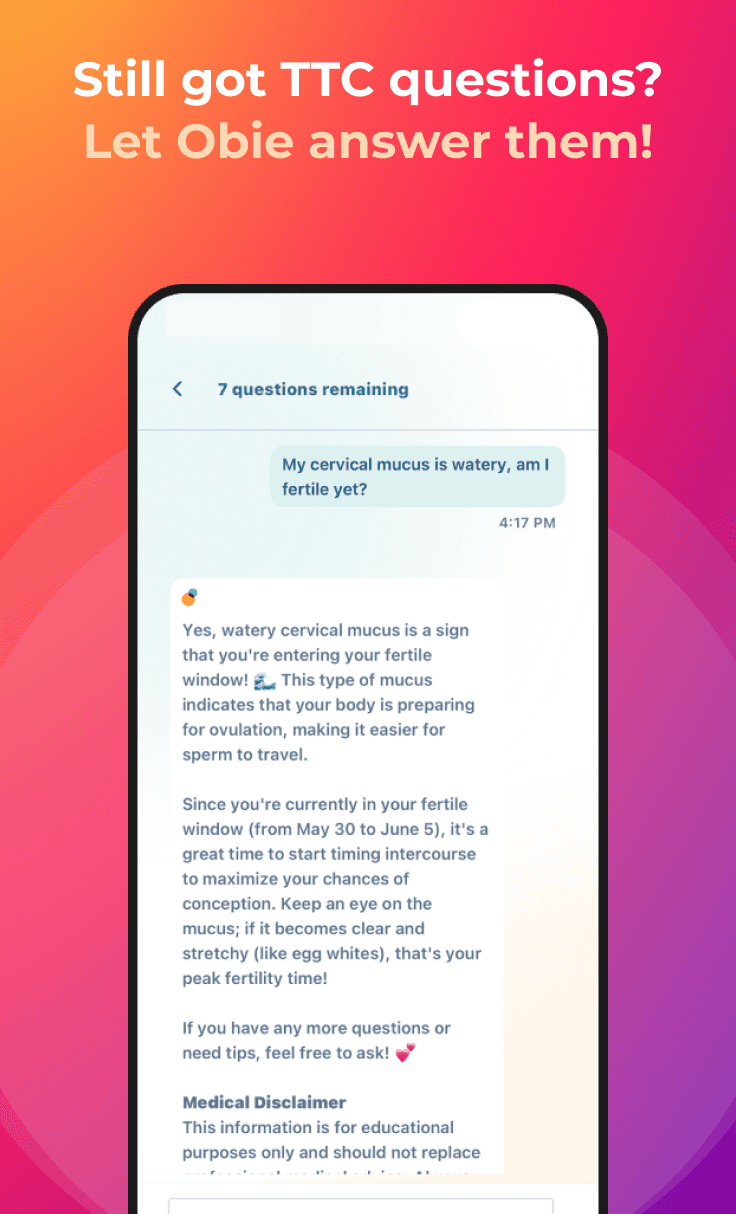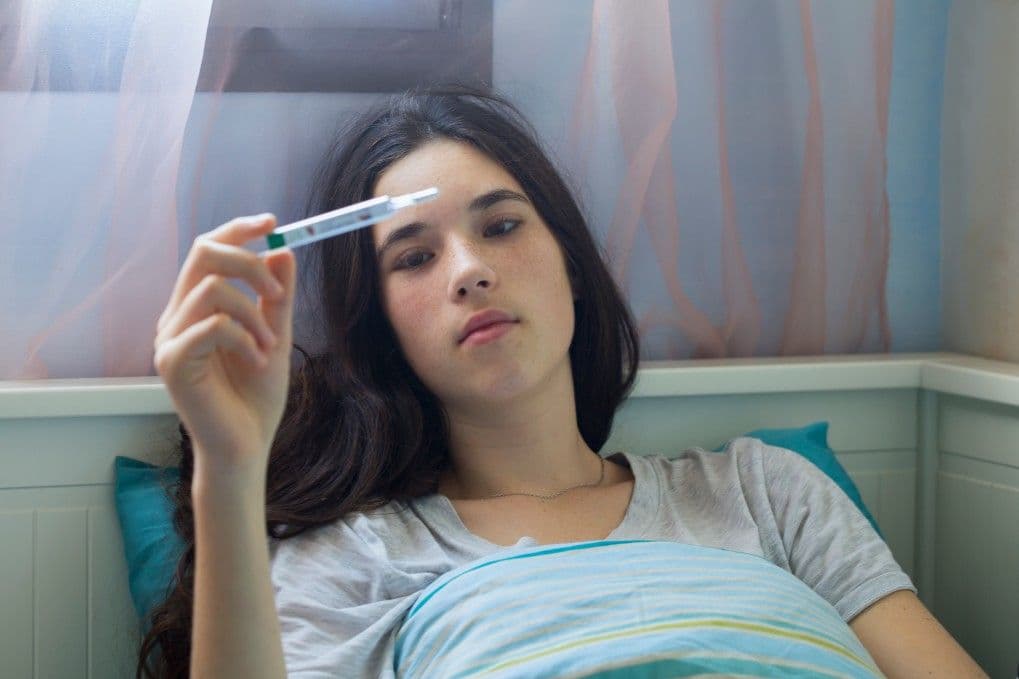Lifestyle Factors Mitigating Age-Related Fertility Decline
Obie Editorial Team

While age plays a significant role in fertility decline, lifestyle choices can have a meaningful impact on reproductive health. By adopting healthy habits, individuals can better manage fertility challenges and improve their chances of conception.
Key Lifestyle Factors
- Diet: A Mediterranean-style diet rich in fruits, vegetables, whole grains, and healthy fats may support fertility. Foods high in antioxidants can help combat oxidative stress, which has been linked to reduced egg and sperm quality. Key nutrients like folate, omega-3 fatty acids, and vitamin D are particularly important.
- Exercise: Regular moderate exercise can improve hormone balance, enhance circulation to reproductive organs, and support overall well-being. However, excessive exercise may negatively impact fertility, so finding a balanced routine is key.
- Stress Management: Chronic stress can disrupt hormonal regulation, negatively impacting ovulation and sperm quality. Activities like yoga, meditation, mindfulness, and deep breathing exercises can effectively reduce stress.
Additional Lifestyle Considerations
- Sleep Quality: Poor sleep can affect hormonal balance and reduce fertility. Aim for 7-9 hours of quality sleep each night to support your reproductive health.
- Limit Caffeine and Alcohol: While moderate caffeine intake is generally safe, excessive amounts may impair fertility. Alcohol consumption should also be limited, as it may impact hormone levels and egg or sperm quality.
- Environmental Toxins: Minimize exposure to endocrine-disrupting chemicals found in plastics, pesticides, and some personal care products. Choosing organic foods, switching to glass or stainless steel containers, and avoiding heavily processed foods can reduce exposure.
Practical Tips for a Fertility-Boosting Lifestyle
- Eat a Balanced Diet: Incorporate antioxidant-rich foods such as berries, leafy greens, and nuts to support egg and sperm quality.
- Adopt Healthy Movement Habits: Engage in activities like brisk walking, yoga, swimming, or strength training to maintain physical and hormonal balance.
- Prioritize Stress Management: Explore mindfulness practices such as meditation or guided breathing exercises to improve your mental and emotional well-being.
- Limit Toxins: Reduce exposure to chemicals by choosing organic produce, switching to natural cleaning products, and avoiding BPA-containing plastics.
- Monitor Caffeine and Alcohol Intake: Limit caffeine to no more than 200mg per day (about one 12 oz coffee) and consider cutting back on alcohol if you're actively trying to conceive.
Final Thoughts
While lifestyle changes can’t stop the natural aging process, they can help improve fertility outcomes by supporting hormone balance and overall reproductive health. By embracing these practical strategies, individuals can create a healthier foundation for conception and pregnancy.
Source:
Rich-Edwards, J. W., et al. (2002). Physical activity, body mass index, and ovulatory disorder infertility. Epidemiology, 13(2), 184-190.








